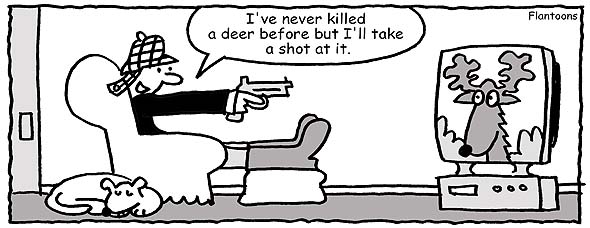
It seems that everywhere around the world, people are spending more time at work and less time with their families. People are busier than ever before! In the past in many countries, the father worked and the mother stayed home, took care of the children, and did the grocery shopping, cooking, and cleaning. Nowadays, both parents work, so they don’t have as much time with their children as they used to have in the past.
Can you match the adjectives to their opposites?:
A while ago I posted an exercise to help you increase your vocabulary. That lesson focussed on verbs A to H, so now we are going to look at some verbs from I to P, some of which you may know and some of which you might not. Each sentence needs one of the verbs below Find the meaning of the verb and match it to the correct sentence. Then, from memory, try to write your own list of verbs from I-P. Good luck!
The superlative is the greatest form of an adjective and is used when you are comparing more than one thing.
An idiom is an expression used that cannot be easily understood by the meaning of each word separately.
Often an idiom, such as under the weather, does not seem to make sense if taken literally. Someone unfamiliar with English idioms would probably not understand that to be under the weather is to be sick.
The word like can be confusing for students since it has many different meanings in English. Here are five of its common uses:
Like = enjoy
I like coffee
To be + like = describe personality/characteristics
What is he like?
English has a large number of phrasal verbs, many of which use the preposition out.
For example go out means to leave your home for a short time. Also, remember that some phrasal verbs can have more than one meaning. Go out also means to have a boyfriend/girlfriend.
Look at the context of each sentence and choose the correct definition. Good luck!

This cartoon is based on the idiom take a shot.
Take a shot means 'try to do something; to attempt to do something'.
Examples:
"I don't know the answer to your question, but I'll take a shot anyway."
"I haven't played tennis before but I'm going to take a shot this weekend."
English is a language that is full of many colourful idioms that describe people and situations in a more interesting way than the typical vocabulary. We've looked at idioms many times before and here are 10 more.
For example instead of saying "he's been doing this for a long time", you can say "He's an old hat at this". This is an especially great way of improving your writing.
Here are some more idioms and their meanings: